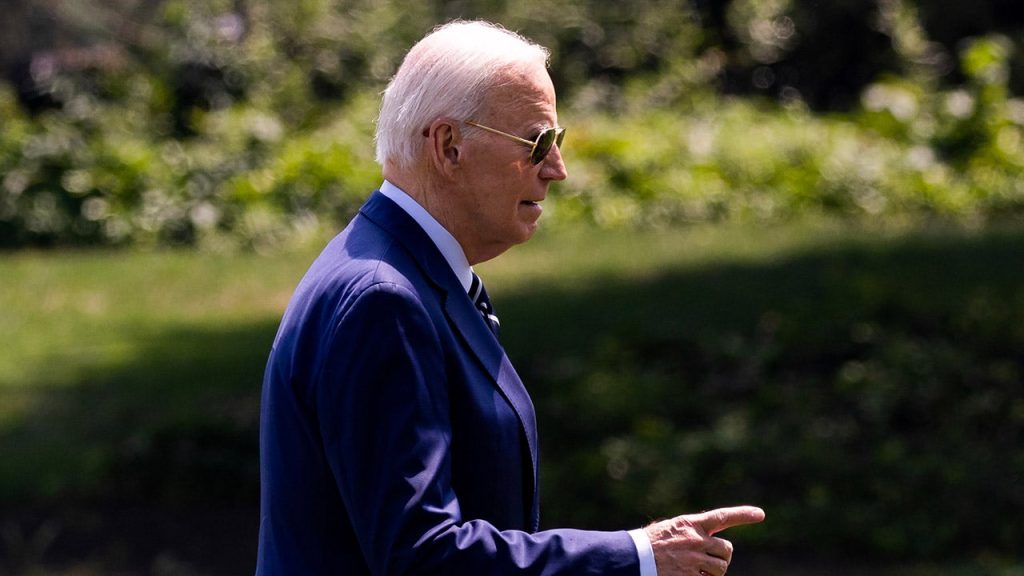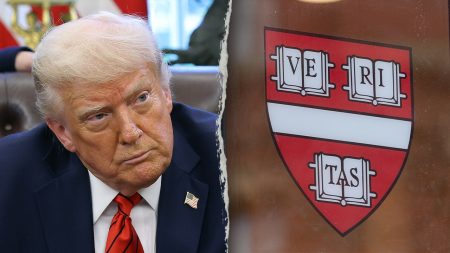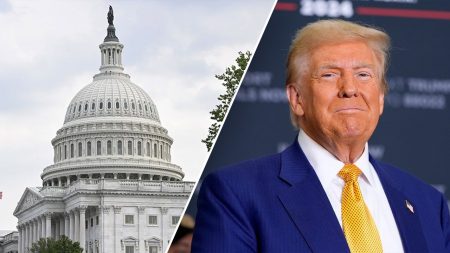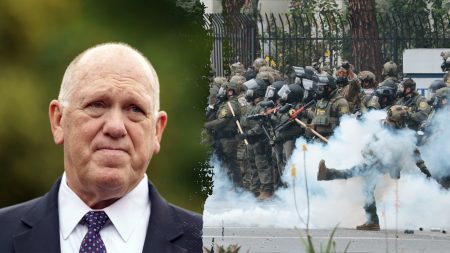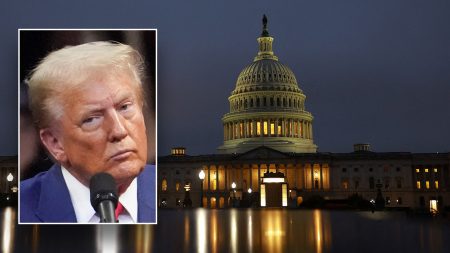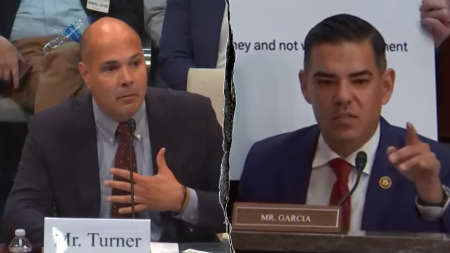Senator Joni Ernst, the Republican chair of the Senate GOP Policy Committee, has launched a preemptive strike against potential expansions of work-from-home arrangements for federal employees. Her actions, fueled by concerns about government spending and accountability, come as the transition to a new presidential administration looms. Ernst has expressed strong disapproval of what she perceives as excessive telework within the federal government, arguing that it hinders productivity, wastes taxpayer money, and undermines public service. Her central argument hinges on the belief that federal agencies, heavily influenced by public sector unions, are attempting to solidify long-term telework agreements before the incoming administration can alter course.
Ernst has penned letters to 24 federal agency heads, demanding a halt to ongoing negotiations related to work-from-home policies. These letters, echoing her previously introduced “DRAIN THE SWAMP Act” – legislation aimed at relocating a substantial portion of the federal workforce outside of Washington D.C. – underscore her commitment to curbing what she sees as bureaucratic bloat and inefficiency. Ernst contends that the current level of telework, with a reported 90% of eligible employees working remotely and only a small fraction working full-time in the office, is unacceptable and unsustainable. This, she argues, is further exacerbated by the alleged influence of public sector unions, which she accuses of prioritizing telework perks over the needs of taxpayers and efficient government operation.
The Senator’s argument draws a stark contrast between the current state of federal telework and the historical perspective on public sector unions. She invokes the words of President Franklin D. Roosevelt, a Democratic president who expressed reservations about collective bargaining in government, to highlight what she sees as a departure from established principles of public service. Roosevelt’s cautionary stance on the limitations of collective bargaining in the public sector serves as a backdrop to Ernst’s critique of the current influence wielded by unions in shaping telework policies. She suggests that the prioritization of telework benefits by unions represents a disregard for both taxpayer interests and the core mission of government agencies.
Further bolstering her argument, Ernst cites specific instances that she believes illustrate the undue influence of unions on agency leadership. She points to the example of former Maryland Governor Martin O’Malley, who served as the Social Security Administration chief under the Biden administration. Ernst criticizes O’Malley for allegedly prioritizing socializing with union members over his responsibilities to taxpayers, citing reports of him attending a union gathering in Florida before endorsing a contract that protected telework privileges. She portrays this incident as emblematic of a cozy relationship between agency heads and union representatives, leading to agreements that benefit union members at the expense of taxpayers.
Another case highlighted by Ernst involves alleged misuse of “taxpayer-funded union time” (TFUT) by Housing and Urban Development employees. Citing an instance where an employee reportedly claimed TFUT while incarcerated, Ernst questions the oversight and accountability surrounding these claims. She demands that federal agencies provide data on TFUT payouts, unused office space, and any instances of discounted or free use of government property by unions or their members. These demands reflect her broader concern about transparency and responsible use of taxpayer resources within federal agencies.
Senator Ernst’s actions represent a proactive attempt to influence the future of federal telework policies. Her arguments, rooted in fiscal conservatism and concerns about government accountability, aim to curtail what she views as an excessive reliance on remote work within federal agencies. By challenging the current state of telework and the influence of public sector unions, she seeks to promote a return to a more traditional model of government operation, emphasizing in-person presence and a prioritization of taxpayer interests. Her preemptive strike against potential long-term telework agreements reflects a broader ideological battle over the role and function of the federal government in a post-pandemic world.




